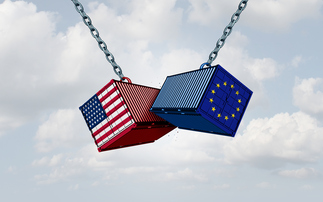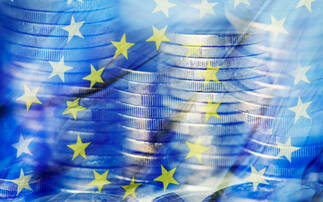Joe Amato, CIO of equities at Neuberger Berman, looks at the various outcomes of the European elections and says the winners may be a big surprise.
The S&P 500 hit a new peak last week, buoyed by US President Donald Trump's address to Congress. At the same time, the US dollar was riding high as the futures market started pricing in the probability of a rate hike later this month at more than 80%.
Global equity markets, meanwhile, continued to grind higher, despite the threat of rising interest rates in the US and increased talk of tapering for the European Central Bank.
However, a major reason for our cautiousness on European equity markets is the uncertain political environment. As we saw in the recent Academy Awards, the winners may be a big surprise.
Going Dutch
The first of these important elections takes place 15 March, when voters in the Netherlands go to the polls.
European politics: A distraction or disaster for markets?
Many commentators see the Dutch election as a bellwether as to what might happen in the rest of Europe, particularly in the event of a victory by Geert Wilders, the extreme right-wing candidate who leads the PVV (or Party for Freedom).
Recent opinion polls suggest that he is in first or second position, running neck-and-neck with the right-wing liberal party (VVD), led by Prime Minister Mark Rutte.
However, should Wilders win, many of the other main parties have ruled out the possibility of going into a coalition with him, so in that respect the election is wide open.
But a Wilders victory would sound an ominous note for politicians and markets alike.
An 'intriguing' subplot to Brexit
In Britain, we should see the invocation of Article 50, the first step in leaving the European Union, by the end of March at the very latest. Britain then has two years to negotiate an exit deal.
Key issues up for discussion include trade deals, outstanding debt obligations and the right of EU nationals to stay in the UK—and vice versa for UK nationals living in the EU.
The tone of the Article 50 announcement, whether for a "hard" or "soft" Brexit, will be closely scrutinised, particularly by currency markets.
One intriguing subplot is the possibility of Nicola Sturgeon, leader of the Scottish National Party, demanding a second referendum on Scottish independence at the same time Article 50 is invoked.
Should this happen, the political situation in Britain may become yet more uncertain.












